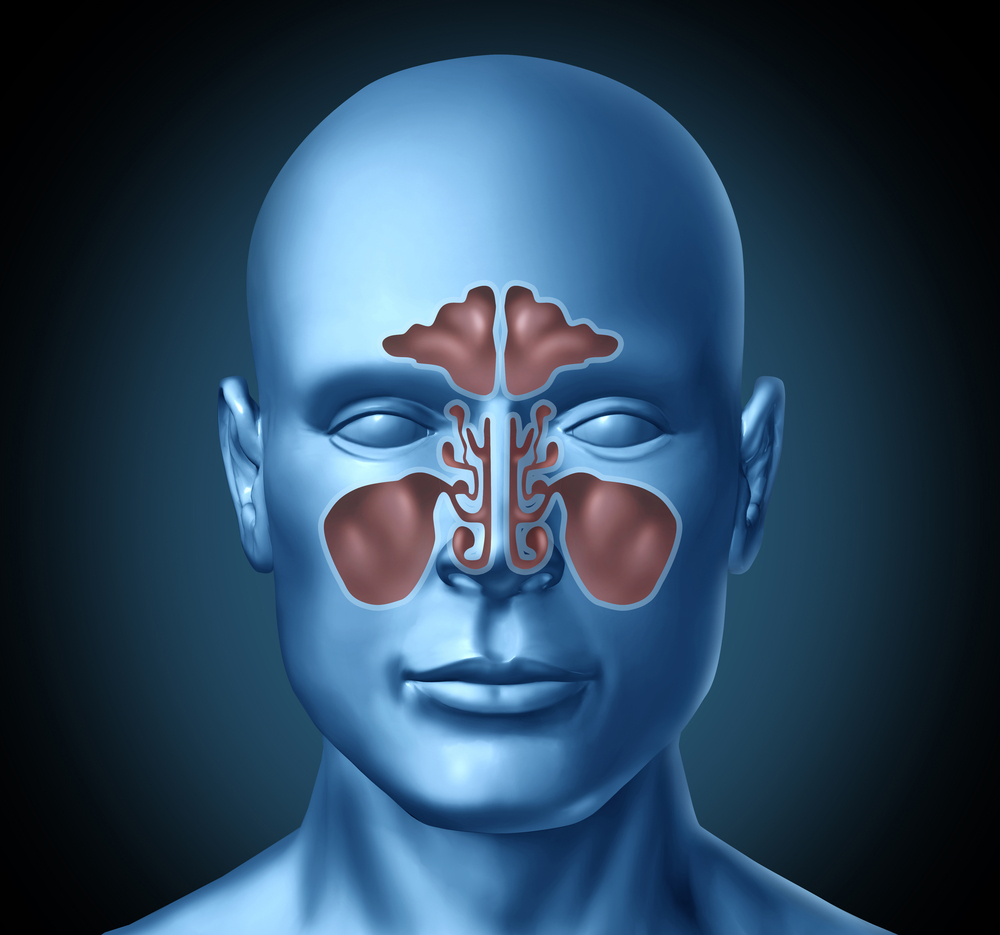What’s The Best Way to Floss
We all know we should floss, but it can be tough. Part of this is because flossing can feel like an extra task in an already busy day, but it...

Waking up with a toothache is something everyone dreads, but tooth pain doesn’t always mean a dental issue. Sinus pressure from inflammation or an infection can cause you to experience pain in unexpected areas – like your teeth.
Sinus infections can be challenging to treat, and symptoms can linger for weeks or even months. Read on to learn more about your sinus cavities and what can be done to relieve pressure.
Your sinus cavities are located just under your eyes and consist of four air-filled spaces. The purpose of your sinuses is to produce mucus that keeps the inside of your nose moisturized. The mucus layer is essential as it protects your nose from breathing in dust, dirt, bacterial micro-organisms, and pollutants found in the air. The mucus in your nose serves as a filtration system to keep dust out of your lungs, in addition to warming the air that you breathe.
Sinus cavities are easily susceptible to infection and irritation. The moist, warm environment that your sinuses create can quickly turn into a petri dish for viruses and bacteria to thrive. Once the sinuses become infected, it isn’t easy to eliminate the germs safely guarded in their ideal survival environment.
The pressure from sinus inflammation can easily lead to tooth pain and discomfort. Tooth pain related to sinus pressure is different from a standard dental toothache from decay or a cavity.
Common symptoms of tooth pain as a result of sinus pressure are:
If your dentist confirms that the tooth pain you’re experiencing is a result of sinus pressure, the best medicine is to keep your body hydrated. Drinking large amounts of water or water infused with electrolytes is recommended.
Because inflammation is the largest cause of sinus-induced pressure, eating foods known to help reduce inflammation is a great way to help your body find relief.
When experiencing any body inflammation, eating these foods will help:
Eating high in calcium and vitamin C is another recommendation for reducing inflammation in the sinuses. If you experience chronic inflammation, try incorporating dietary supplements into your routine, or focus on eating these foods high in both nutrients:
Eating foods rich in Omega-3 fatty acids helps to boost your immune system when your body needs it most. A few foods that are high in Omega-3’s are:
If you frequently suffer from inflamed sinus cavities, make an effort to rinse your sinuses with a saline solution on a nightly basis. Products like the neti pot are created to help people control and eliminate sinus blockage. If you don’t have a neti pot, breathe in steam with hot, moist air. This helps to thin the mucus in your nasal passages, which can help your sinuses drain more quickly and help you find relief.
Telling the difference between tooth pain from a sinus infection or a dental issue can be tough. As previously mentioned, the number one clue that your pain is linked to your sinuses is if the toothache is felt in more than one tooth. The sinuses put pressure on more than one tooth at a time, so if the pain you’re experiencing is in several teeth clustered together, it’s likely your sinuses.
If you’re concerned that your toothache is an indication of something more than a sinus infection, contact Hoffman Dental Care today. A quick evaluation by one of our dental professionals will help you get the information you need so you can start finding relief. For further information or to schedule an appointment, contact our office today.